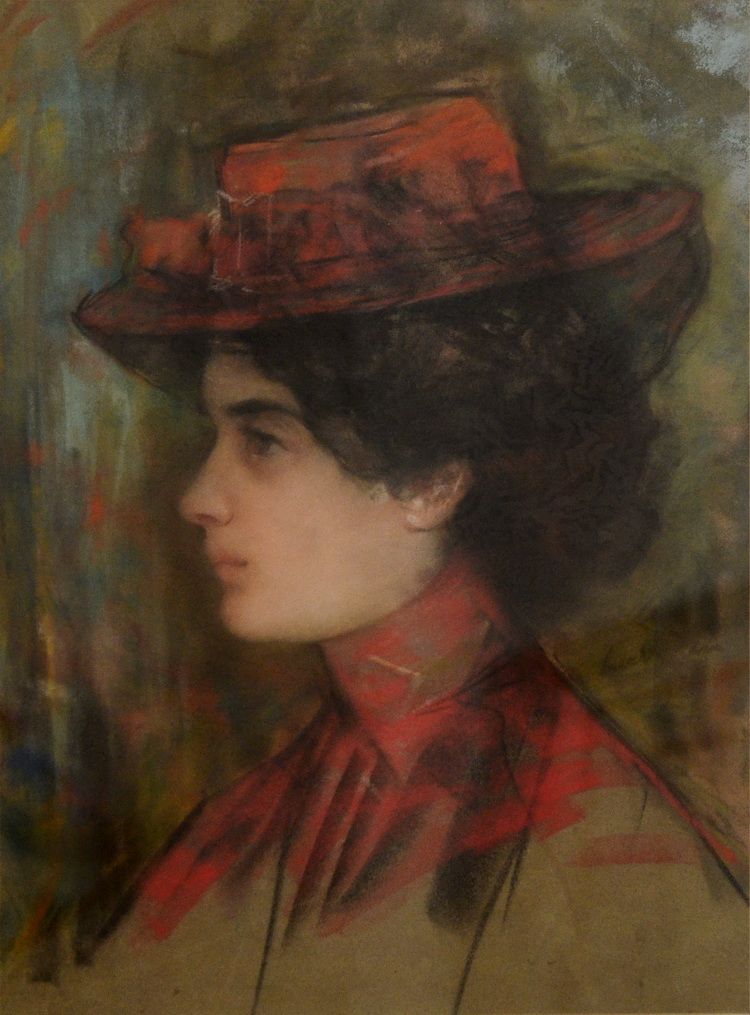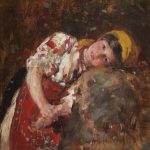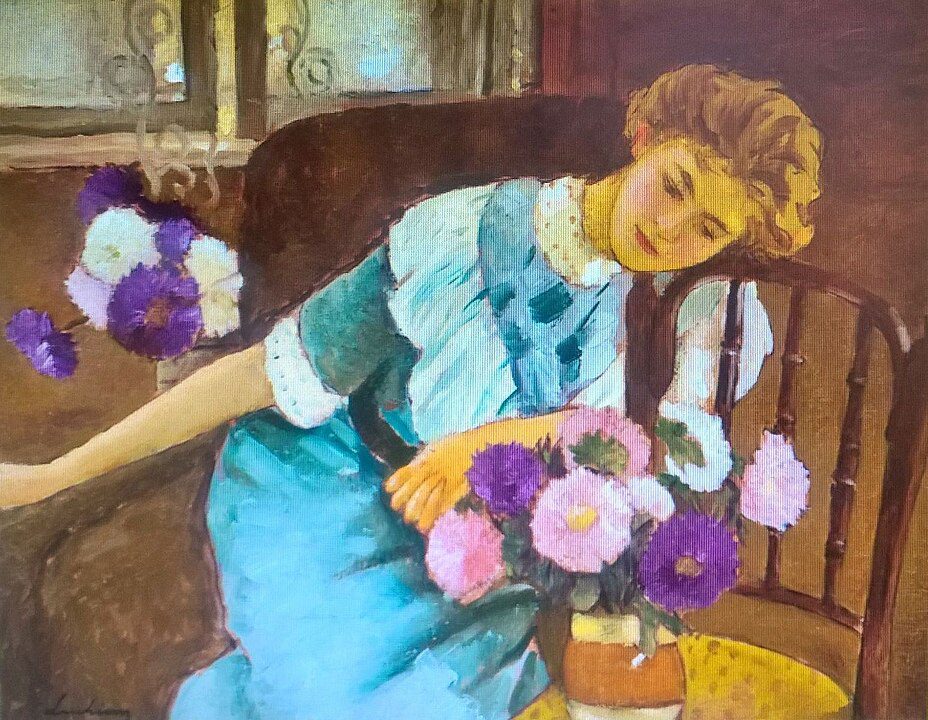
Ștefan Luchian (1868–1916) was a Romanian painter associated with the Symbolist and Impressionist movements. He is considered one of the most important Romanian artists of the late 19th and early 20th centuries. Luchian’s work is characterized by its vibrant colors, intimate scenes, and a profound connection to nature.
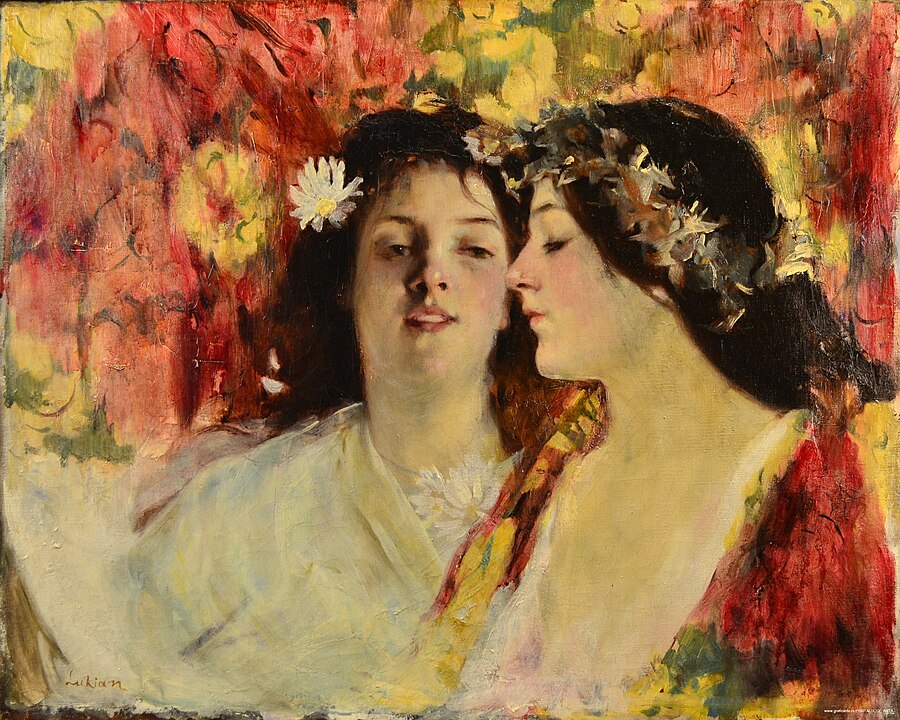
- Early Life and Education: Ștefan Luchian was born on February 1, 1868, in Ștefănești, Romania. He began his artistic education at the School of Fine Arts in Iași, Romania, and later studied at the National School of Fine Arts in Bucharest.
- Influences: Luchian’s early works were influenced by the Barbizon School and the French landscape painters, particularly Camille Corot and Jean-Baptiste-Camille Corot. Later, he embraced the Impressionist style, and his work showed the influence of French Impressionist painters like Claude Monet.
- Nature and Landscapes: Nature was a recurring theme in Luchian’s paintings. He often depicted landscapes, gardens, and rural scenes with a sensitivity to light and color. His brushstrokes became increasingly looser and more impressionistic as his career progressed.
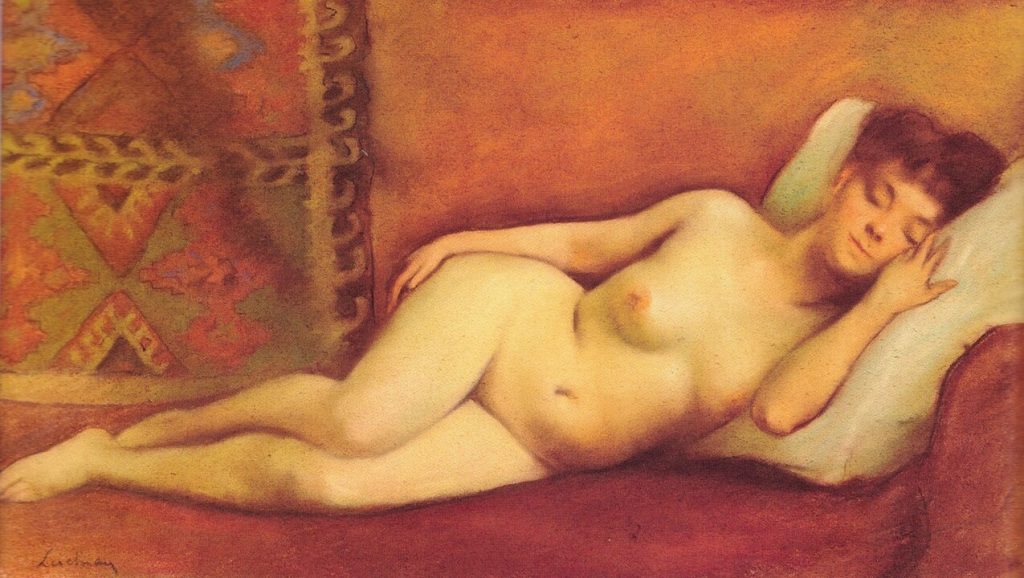
- Symbolist Elements: While associated with Impressionism, Luchian’s work also contained Symbolist elements, and he occasionally explored themes with allegorical or mystical significance. His art often conveyed a sense of lyricism and emotion.
- Illness and Disability: In 1899, Luchian’s life took a tragic turn when he was diagnosed with spinal tuberculosis. The illness left him paralyzed, and he spent the remainder of his life confined to a wheelchair. Despite his physical limitations, Luchian continued to paint, adapting his techniques to accommodate his condition.
- Still Life and Portraiture: During the period of his illness, Luchian focused more on still life and portraiture. His still lifes often featured flowers, reflecting his love for nature. He also painted portraits, capturing the essence of his subjects with warmth and depth.
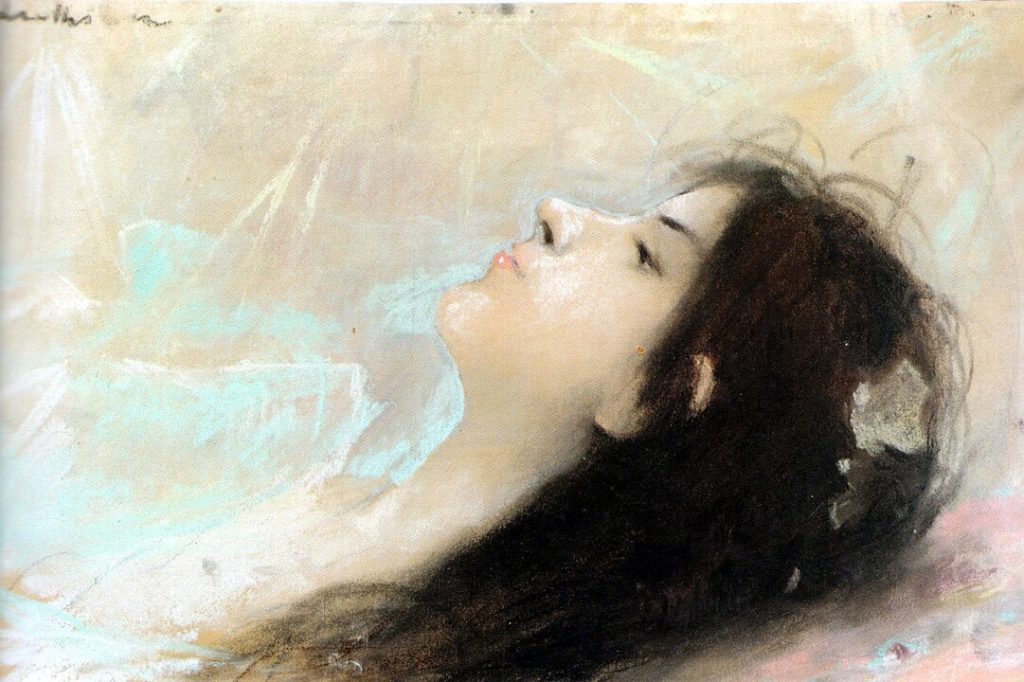
- Legacy: Ștefan Luchian is celebrated as one of the pioneers of modern Romanian art. His contribution to the development of Impressionism in Romania is significant, and he is regarded as a key figure in the cultural history of the country.
- Death: Ștefan Luchian passed away on June 28, 1916, in Bucharest, Romania, at the age of 48. Despite the challenges he faced due to his illness, his artistic legacy endured, and his works continue to be appreciated for their beauty, sensitivity, and contribution to Romanian art.
